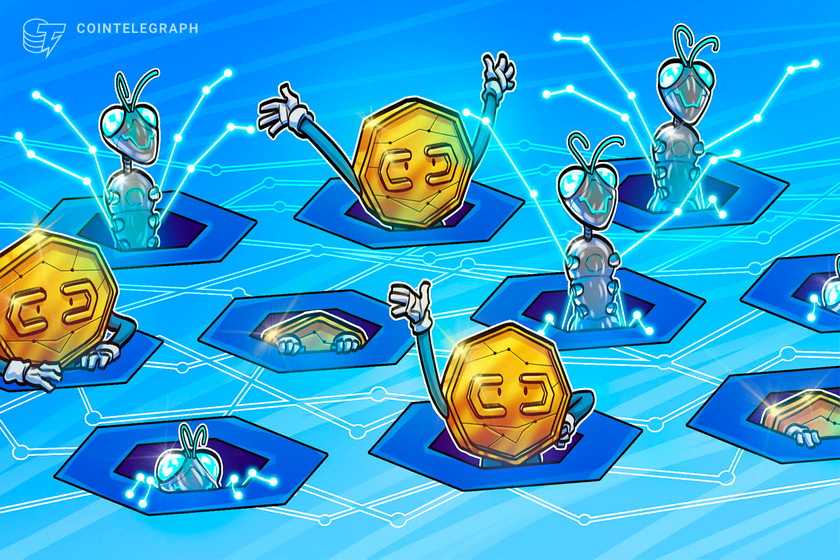Sony eyes NFT transfers across multiple game platforms, reveals patent


Sony’s NFT framework aims to integrate NFTs into gameplay, with the technology representing skins and other popular in-game functionalities.
Sony Interactive Entertainment, the video game goliath running the PlayStation brand, filed a patent for a framework allowing users to transfer and utilize nonfungible tokens (NFTs) across multiple game platforms.
Over several years, Sony’s interest in crypto has been evidenced by numerous partnerships and trademark registrations. Adding to this list, Sony filed a patent titled “NFT framework for transferring and using digital assets between game platforms.”


Sony’s NFT framework aims to integrate NFTs into gameplay, wherein the technology can represent skins and other popular in-game functionalities. Summarizing the patent, the abstract explained the intended features:
“Responsive to the determination, the NFT is provided to the first end-user entity so that the digital asset may be used, via the NFT, across plural different computer simulations and/or across plural different computer simulation platforms.”
Moreover, it added that the NFT’s ownership could be transferred to other end-user entities for their own use across different simulations and platforms. The below diagrams detail Sony’s intended use of NFTs in gameplay.


Once implemented, PlayStation 5 users will be able to experience NFT use cases via mainstream gaming titles. As of December 2022, the total number of active users on the PlayStation Network worldwide was 112 million, which continues to grow year-on-year.
Related: Theta Labs to help Sony launch 3D NFTs compatible with Spatial Reality Display
To understand what goes behind creating successful games, Cointelegraph recently interviewed former Age of Empires producer Peter Bergstrom.
“There are no black-and-white answers in game design,” Bergstrom said while highlighting that GameFi is about adding a new dimension of compelling gameplay to Web2 games.
According to him, gamers don’t care about the technology behind a good game. As a result, crypto entrepreneurs must incorporate “blockchain, NFTs, play and earn, AI [artificial intelligence], G5, or whatever to make a better game, and gamers will buy.”
Magazine: Justin Sun vs. SEC, Do Kwon arrested, 180M player game taps Polygon: Asia Express







